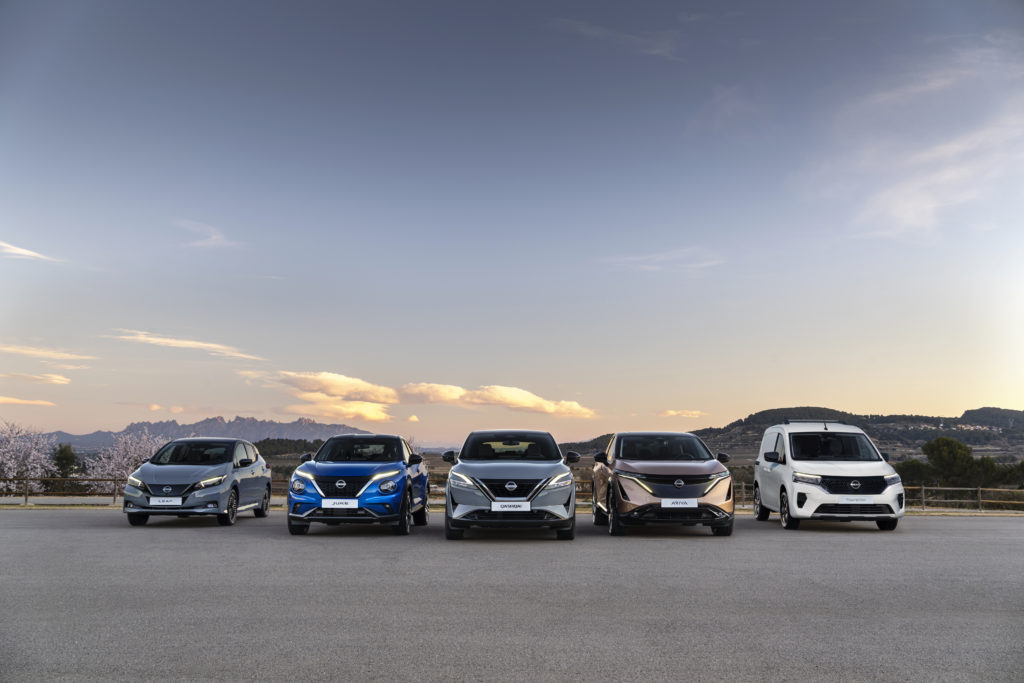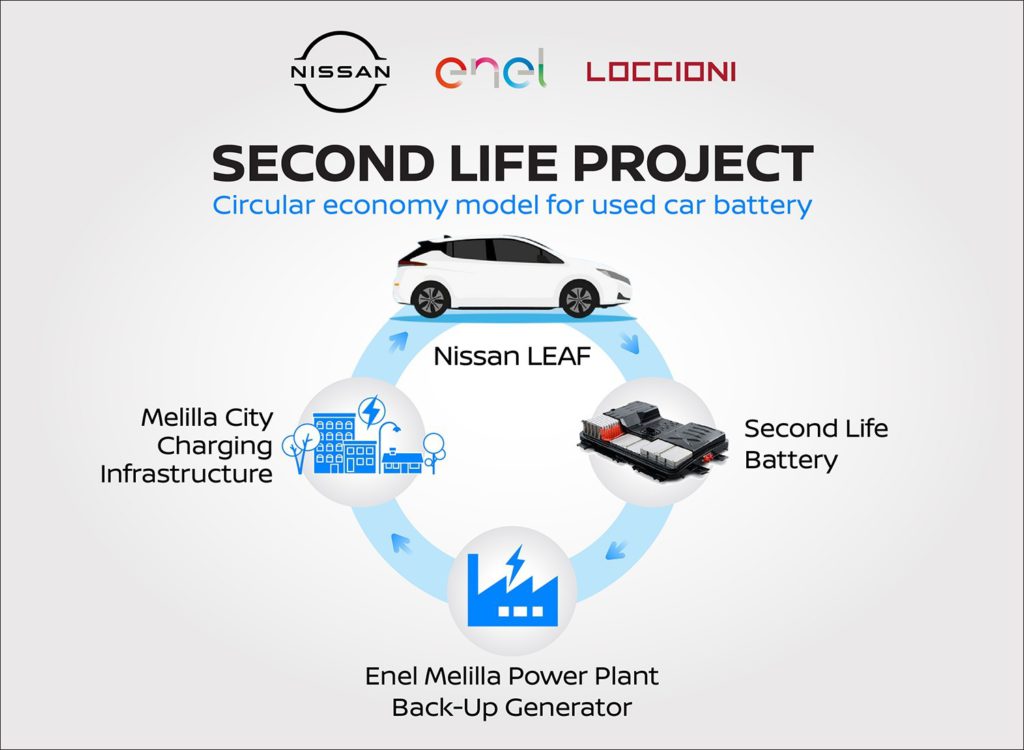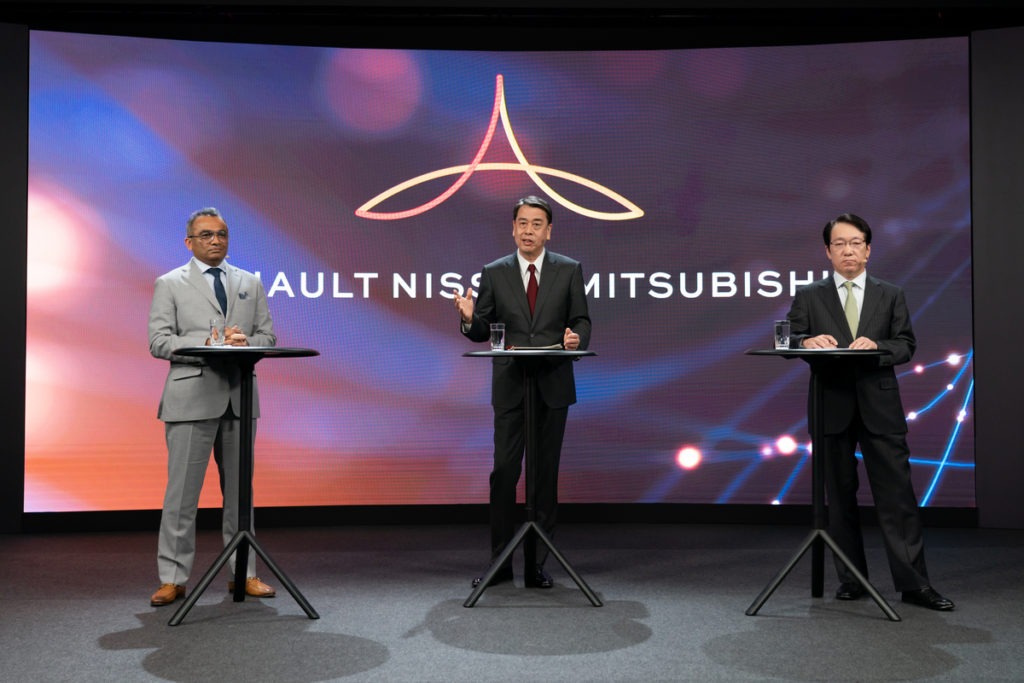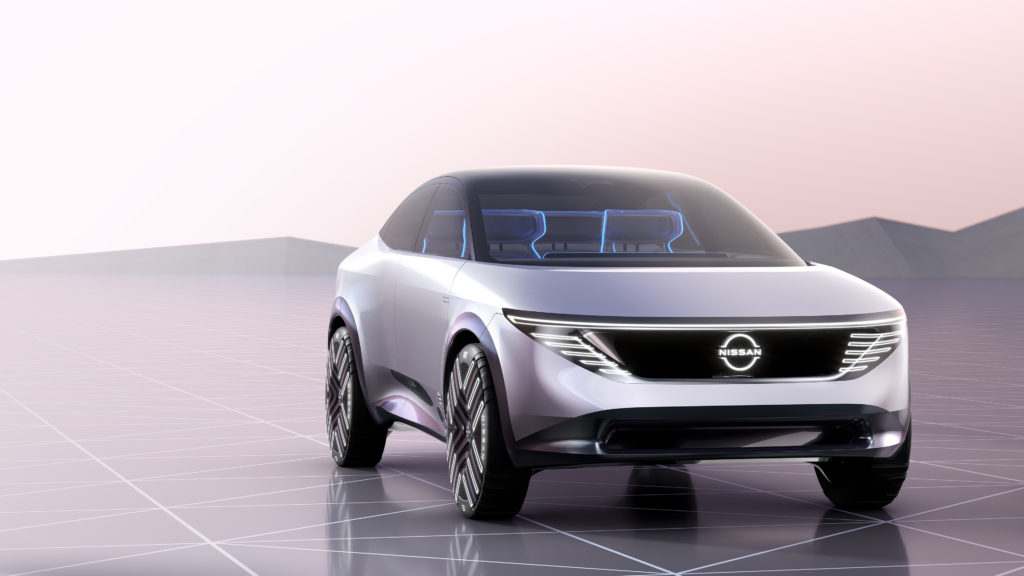Nissan to stop introducing internal-combustion engine cars in Europe
28 March 2022

In Europe, Nissan will stop investing in cars powered by internal-combustion engines from 2023 as the carmaker is increasingly bolstering its electric-vehicle (EV) line-up. By 2026, the car manufacturer expects 75% of its sales mix in the region to be electrified, with this figure expected to rise to 100% by 2030.
‘Nissan is charging towards an electrified future, with Europe leading the way. We have established a clear direction through Ambition 2030 and with our new electrified line-up we are truly paving the way to a sustainable future,’ said Guillaume Cartier, chairperson, Nissan Africa, Middle East, India, Europe, and Oceania Region. ‘This is a landmark moment for Nissan in Europe with the arrival of our most comprehensive product offering to date.’
‘Supercharging’ electromobility
Last year, Nissan unveiled its long-term mobility plans, which focuses on accelerating electromobility. The carmaker plans to invest ¥2 trillion (€15.55 billion) over the next five years to speed up electrification, with Europe being a key market for Nissan.
While other regions around the world are still working on plans to fully electrify mobility, Europe has set a clear path to electrification. This has spurred on carmakers to speed up the shift to decarbonise mobility on the way to carbon-neutrality. Nissan said it would ‘supercharge’ its shift to EVs with a comprehensive range of electric cars.
The automotive company is currently working on what it calls an EV energy ecosystem. The aim is to expand battery energy management capabilities, with its manufacturing ecosystem, EV36Zero, based in the UK. Like other traditional automotive players, Nissan is increasingly betting on renewable energy, which will play a major role in vehicle manufacturing in the future.
Electric-vehicle line-up
Nissan is known for rolling out one of the world’s first mass-market electric vehicles, the Leaf, with the carmaker selling almost 600,000 models globally since its launch in 2010. While Nissan has a long track record in electric powertrains, it has been slow to electrify its fleet and now wants to shift up a gear.
With the carmaker moving to electric mobility, it will continue to rely on hybrid technologies. The Juke hybrid, Nissan’s latest compact crossover, will hit the market later this year. Nissan promises that the car’s system will automatically maximise electric-vehicle usage and offer an ‘EV-like drive experience.’
Another vehicle Nissan will add to its electric line-up is an all-new Qashqai. This comes with a 100% electric-driven motor that powers the wheels, but also has a small combustion engine that recharges the battery on the move.
The Ariya model will mark a new chapter for Nissan as it is the carmaker’s first all-electric coupé-crossover. And then there is the Townstar compact van, which has a fully electric powertrain delivering 300km of range.
By offering customers more choice, Nissan is hoping that this diverse range of EV models will make its business future-proof. ‘As the electric revolution continues to gain pace, Nissan is supporting drivers embarking on their journey to zero-emission mobility. The powertrain portfolio available on Nissan’s vehicles reflects the diversity of its customers’ driving habits,’ the carmaker said.



